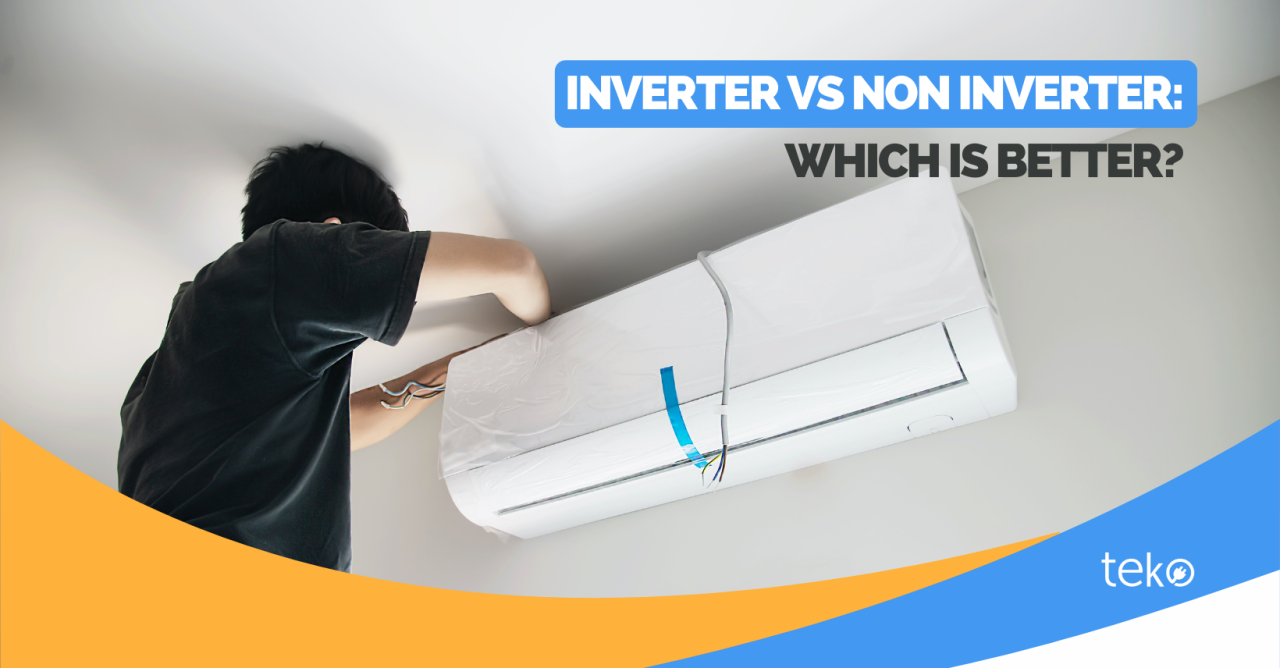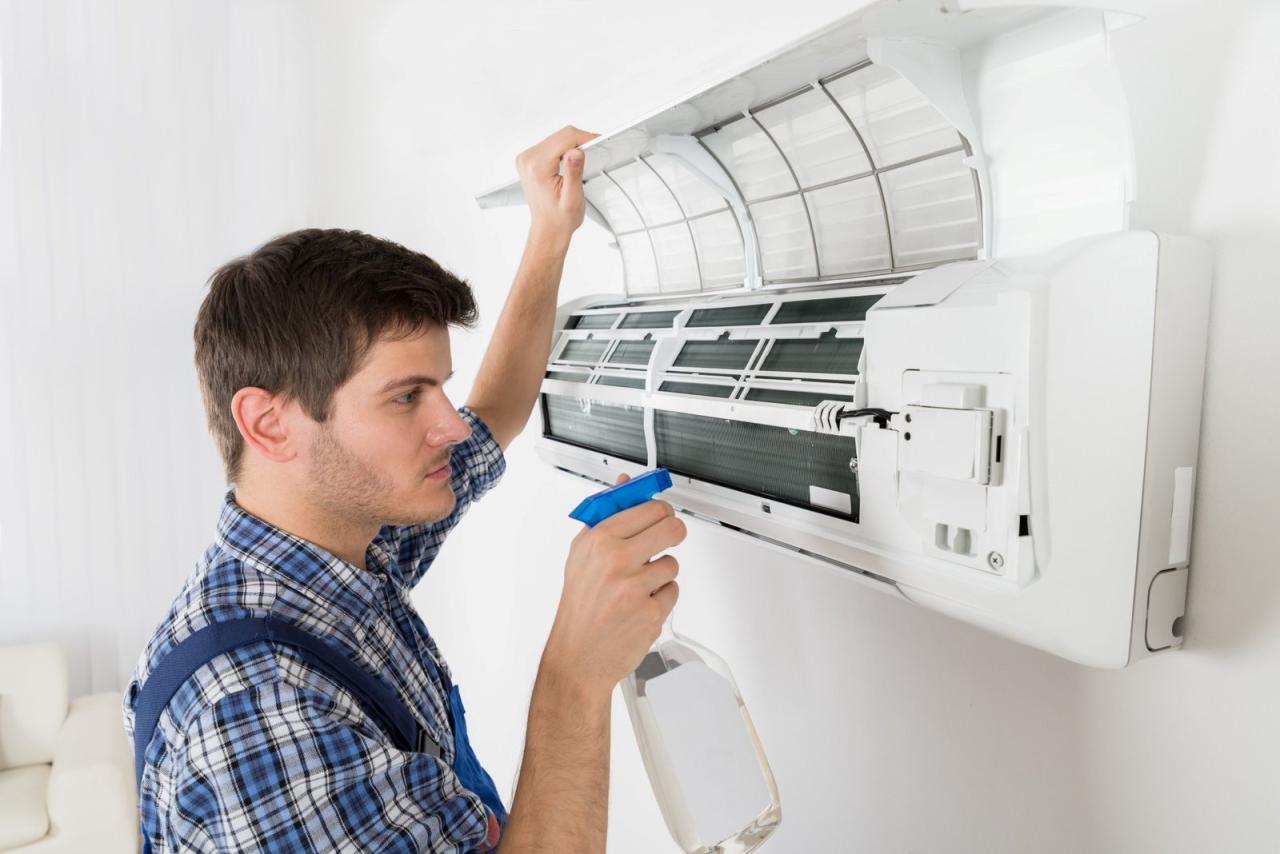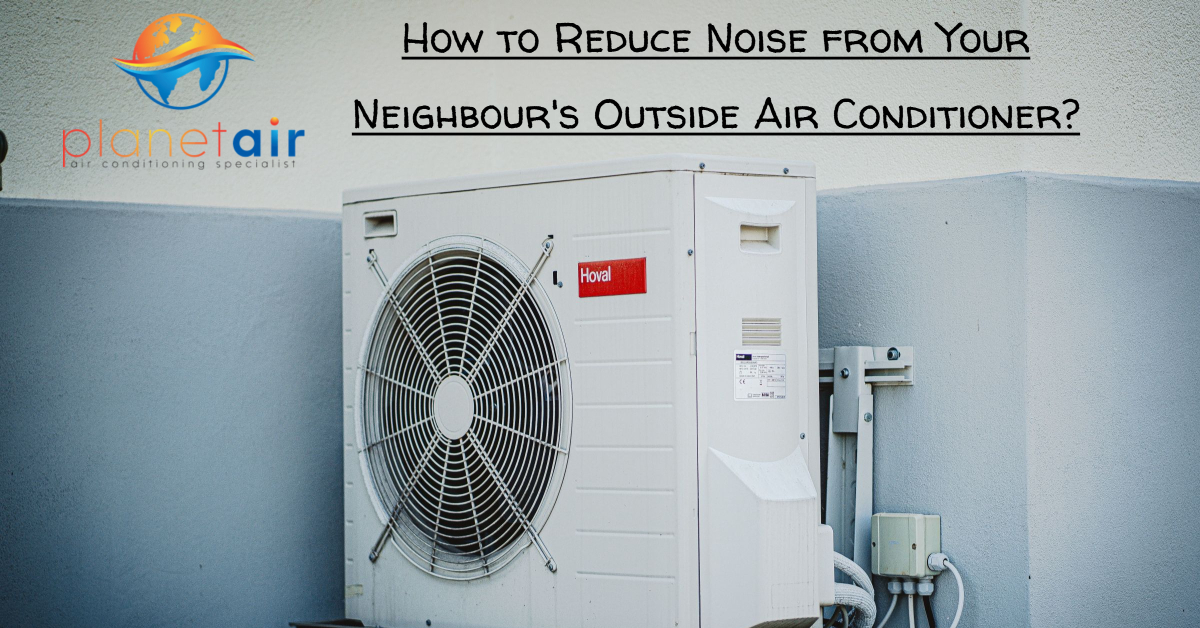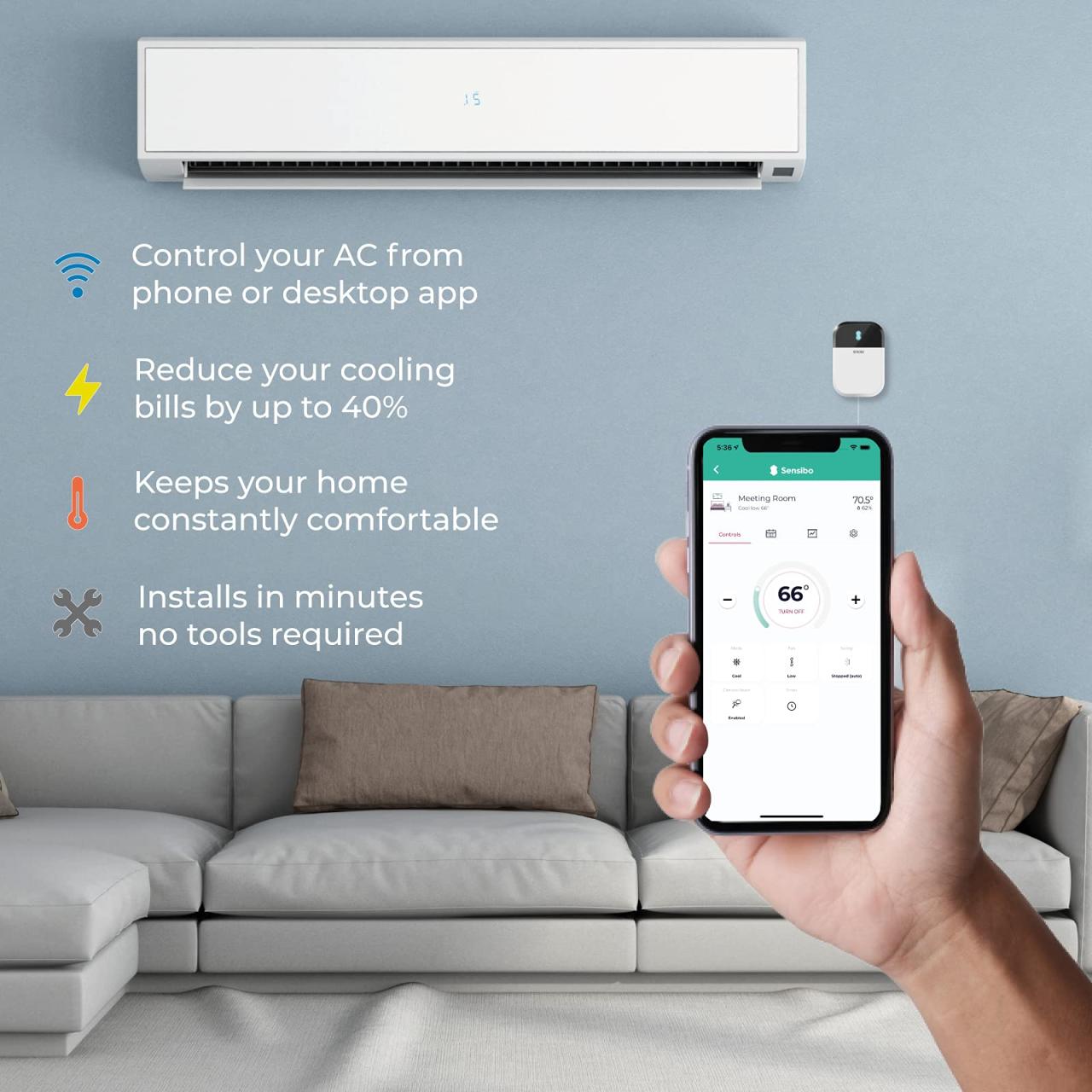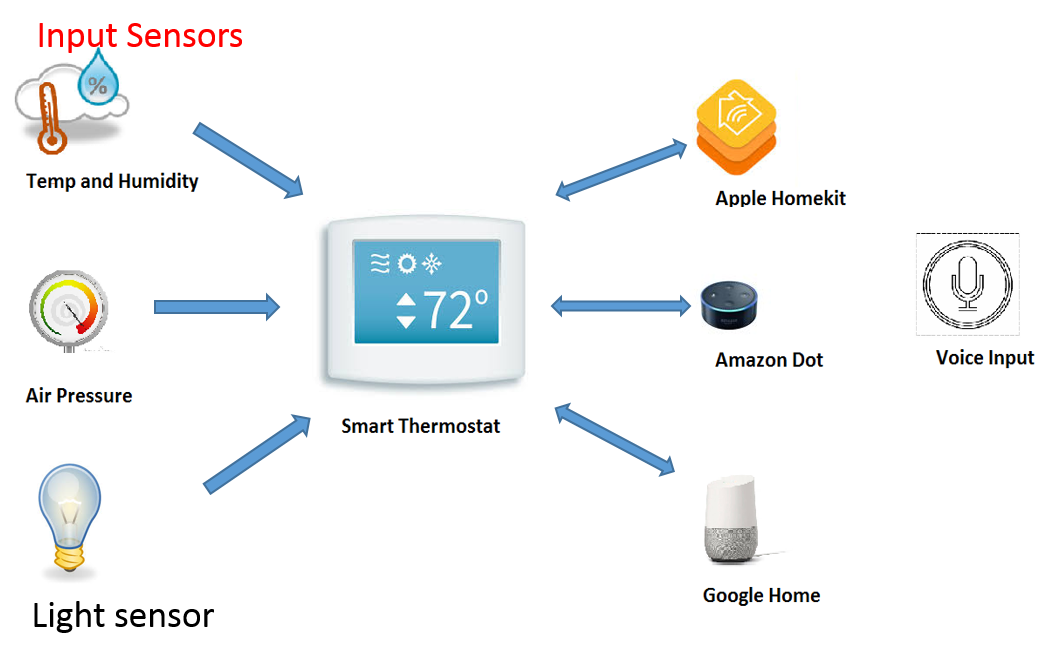Air Conditioner Filters and Their Impact on Indoor Air Quality: A Comprehensive Guide
Exploring the fascinating world of air conditioner filters and their profound influence on indoor air quality opens up a realm of possibilities for cleaner and healthier environments. From understanding the importance of these filters to unraveling the types available in the market, this discussion delves deep into a crucial aspect of maintaining a breathable atmosphere within our living spaces.
As we navigate through the nuances of filter efficiency and factors affecting their performance, the significance of regular maintenance and replacement becomes evident in ensuring optimal air quality. Join us on this enlightening journey to discover the transformative power of clean air conditioner filters.
Importance of Air Conditioner Filters
Air conditioner filters play a crucial role in maintaining good indoor air quality by trapping various particles and contaminants present in the air. These filters are designed to capture dust, pollen, pet dander, mold spores, and other pollutants, preventing them from circulating throughout the space.
How Air Conditioner Filters Help Remove Contaminants
- Air conditioner filters consist of fine fibers that act as a barrier, capturing particles as air passes through the system.
- Filters with a higher MERV (Minimum Efficiency Reporting Value) rating are more effective at trapping smaller particles, providing better filtration.
- Regularly changing or cleaning air conditioner filters ensures optimal performance and prevents the buildup of contaminants in the system.
Impact of Clean Air Conditioner Filters on Overall Air Quality
- Clean air conditioner filters help reduce allergens and irritants in the air, creating a healthier indoor environment for occupants.
- Improved air quality can lead to fewer respiratory issues, allergies, and other health concerns associated with poor indoor air quality.
- Efficient filtration also helps maintain the performance and longevity of the HVAC system, reducing energy consumption and operational costs.
Types of Air Conditioner Filters
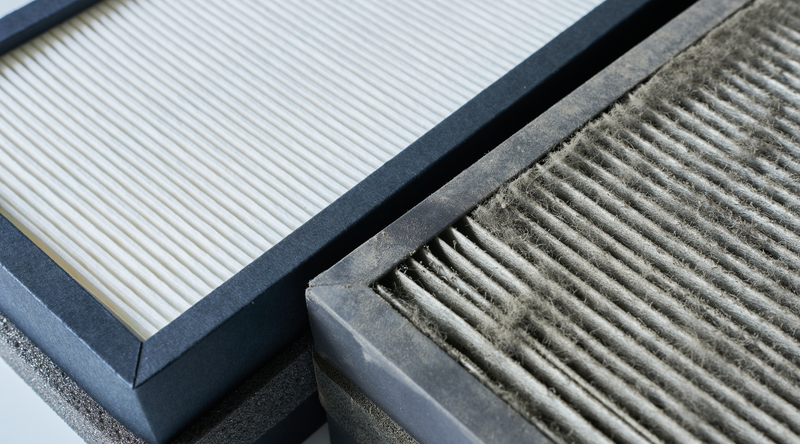
When it comes to air conditioner filters, there are several types available in the market, each with its own set of pros and cons. Let's explore the different options and compare their efficiency levels in removing pollutants.
Fiberglass Filters
Fiberglass filters are the most common and affordable type of air conditioner filters. They are made of layered fiberglass fibers that trap large particles like dust and debris. While they are effective at capturing larger particles, they are not as efficient in removing smaller pollutants like bacteria or mold spores.
Pleated Filters
Pleated filters have a larger surface area than fiberglass filters, allowing them to capture more particles. These filters are made of polyester or cotton material folded into pleats, which increases their efficiency in trapping dust, pollen, and other allergens. They are more effective than fiberglass filters but may restrict airflow if not replaced regularly.
HEPA Filters
HEPA (High Efficiency Particulate Air) filters are considered the gold standard when it comes to air purification. These filters are capable of trapping up to 99.97% of particles as small as 0.3 microns, including viruses and bacteria. While they are highly effective, HEPA filters can be more expensive than other types and may require a more powerful fan to maintain airflow.
Washable Filters
Washable filters, as the name suggests, can be washed and reused multiple times. These filters are typically made of foam or mesh material and are eco-friendly since they reduce waste. While they are cost-effective in the long run, washable filters may not be as effective in trapping smaller particles compared to disposable filters.
Factors Influencing Filter Performance
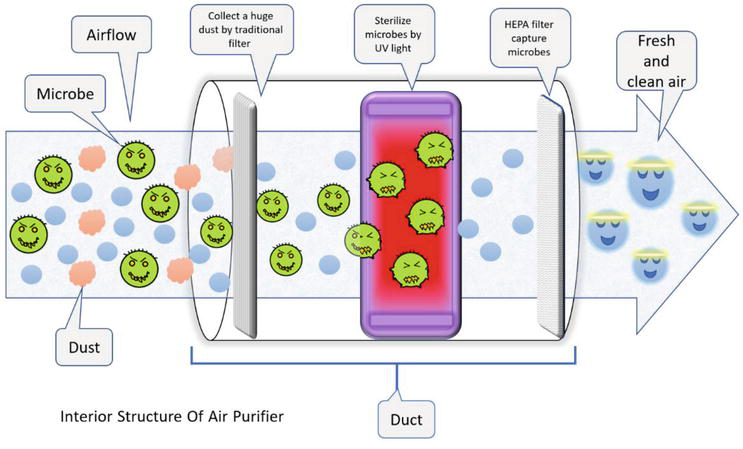
Indoor air quality heavily relies on the efficiency of air conditioner filters. Several factors influence the performance of these filters, ultimately affecting the air you breathe indoors.
Filter Size
The size of the filter plays a crucial role in its performance. A filter that is too small for the air conditioning unit may allow particles to pass through without being adequately filtered. On the other hand, an oversized filter can restrict airflow, reducing the system's efficiency.
It is essential to choose the right size filter to ensure optimal performance.
MERV Rating
The Minimum Efficiency Reporting Value (MERV) rating of a filter indicates its effectiveness in trapping particles of different sizes. Filters with higher MERV ratings can capture smaller particles, improving indoor air quality. However, filters with very high MERV ratings may reduce airflow, impacting the overall efficiency of the HVAC system.
Maintenance
Regular maintenance is key to filter performance. Filters that are clogged with dirt, dust, and other particles cannot effectively trap contaminants, leading to poor indoor air quality. It is important to follow the manufacturer's guidelines for filter replacement and cleaning to ensure optimal performance.
Environmental and Air Quality Conditions
The environment and air quality conditions also play a significant role in filter effectiveness. High levels of pollution, allergens, and dust in the air can overload the filter, reducing its efficiency. Additionally, factors such as humidity and temperature can impact the performance of certain types of filters.
Importance of Regular Filter Replacement
Regular filter replacement is crucial for maintaining indoor air quality. Over time, filters become saturated with contaminants, reducing their ability to trap particles effectively. Dirty filters can also lead to system malfunctions and increased energy consumption. By replacing filters at recommended intervals, you can ensure that your HVAC system operates efficiently and provides clean, healthy air for your home or office.
Health Benefits of Clean Air Conditioner Filters
Having clean air conditioner filters can have a significant impact on your health, especially in terms of reducing allergy symptoms and respiratory issues.
Reduction in Allergy Symptoms and Respiratory Issues
- Clean filters help trap allergens such as dust, pollen, and pet dander, preventing them from circulating in the air and triggering allergic reactions.
- By removing these allergens, clean filters can alleviate symptoms like sneezing, coughing, and congestion, providing relief to allergy sufferers.
- Additionally, clean filters can remove pollutants and irritants from the air, reducing the risk of respiratory issues like asthma attacks or breathing difficulties.
Improved Overall Health
- Breathing clean air facilitated by effective filters can lead to overall improved health and well-being.
- Clean air can boost your immune system, increase energy levels, and promote better sleep quality.
- Reducing exposure to airborne contaminants through clean filters can also lower the risk of developing respiratory diseases and other health conditions in the long run.
Long-Term Health Implications
- Consistently breathing clean air over time can have lasting health benefits, such as reducing the likelihood of chronic respiratory conditions and cardiovascular problems.
- Improved air quality in your home can also contribute to better cognitive function, productivity, and overall quality of life.
- Regular maintenance of air conditioner filters to ensure cleanliness is essential for sustaining these health benefits in the long term.
Epilogue
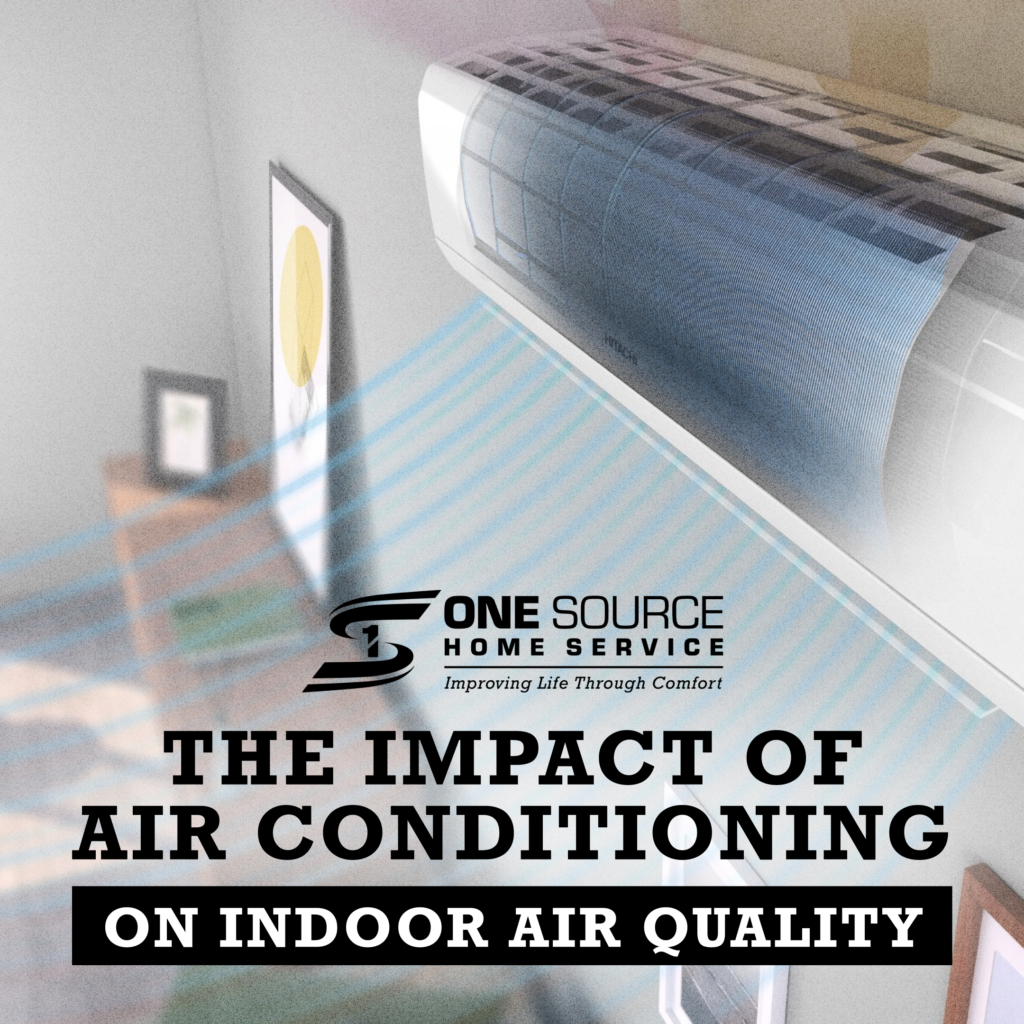
In conclusion, the impact of air conditioner filters on indoor air quality cannot be overstated. By grasping the intricacies of filter types, maintenance requirements, and health benefits associated with clean filters, individuals can take proactive steps towards enhancing their well-being.
Embracing the role of air conditioner filters as guardians of indoor air quality is not just a choice but a necessity in creating a healthier living environment for all.
Popular Questions
How often should air conditioner filters be replaced?
Air conditioner filters should ideally be replaced every 3 to 6 months, depending on usage and filter type.
Can using a HEPA filter improve indoor air quality significantly?
Yes, HEPA filters are highly efficient in capturing small particles and allergens, thus improving indoor air quality noticeably.
Do washable filters require special maintenance compared to other filter types?
Washable filters need to be cleaned regularly with water and dried completely before reinstallation, unlike disposable filters that are replaced.
